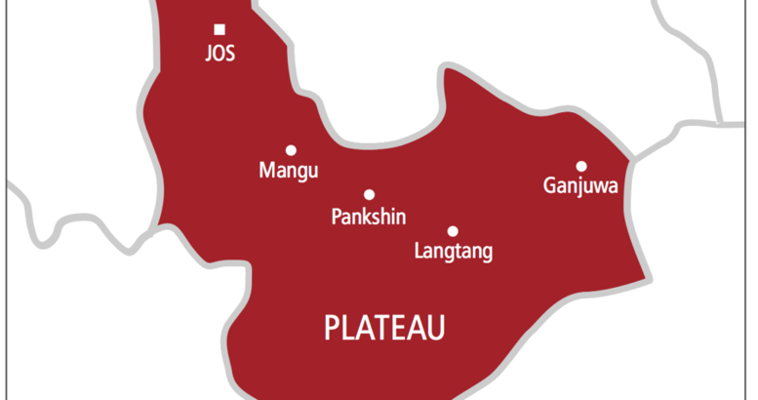EU Pledges Strong Response as China Slaps Duties on Pork Imports

The European Union has vowed to defend its pork industry after China announced provisional anti-dumping duties on pork and pig by-products imported from the bloc, a decision that threatens one of Europe’s largest agricultural export markets.
China’s Ministry of Commerce confirmed this week that its preliminary investigation found evidence of dumping, claiming that pork from the EU was being sold below market value and harming Chinese producers. As part of the ruling, Beijing imposed provisional duties ranging from 15.6% to 62.4%, depending on the degree of cooperation by individual exporters. These measures are scheduled to take effect from September 10, 2025, while the investigation continues. The move is set to hit EU member states that are major exporters to China, including Spain, Denmark, and the Netherlands. These countries have built strong trade ties with China in the pork sector, particularly for cuts and by-products such as pig ears, snouts, and trotters, which are in high demand in Chinese markets but less consumed within Europe. Analysts warn that the duties could cause a sharp decline in exports, cutting into a trade flow that has been crucial for European farmers and processors. Reacting to the announcement, the European Commission said it would thoroughly assess China’s findings. A Commission trade spokesperson noted that the EU “takes with utmost seriousness any unjustified use of trade defence measures,” adding that Brussels will not hesitate to challenge actions deemed inconsistent with World Trade Organization (WTO) rules. The Commission signaled it may pursue remedies through the WTO or seek direct negotiations with Beijing in order to protect its farmers and industries. For the pork sector, the impact is already looming large. Major companies named in China’s notice — including Danish Crown and parts of Vion — face varying duty rates, with some of the highest tariffs directed at exporters that Beijing says failed to fully cooperate. Industry insiders fear the tariffs will erode competitiveness and place further strain on a sector already struggling with rising production costs, inflationary pressures, and subdued demand in other markets. The dispute adds another layer of tension to EU-China trade relations, which have grown increasingly fraught in recent months. Brussels has taken action against Chinese-made electric vehicles, citing state subsidies and unfair pricing, while Beijing has countered with investigations and tariffs targeting European goods such as brandy and now pork. Trade experts warn that the conflict could escalate further if neither side seeks compromise. Looking ahead, China’s duties remain provisional, with a final ruling expected after the completion of the full investigation. In the meantime, EU officials are expected to explore ways of supporting affected farmers, while also accelerating efforts to diversify export markets in Asia, Africa, and beyond. For European pork producers, however, the uncertainty is immediate. With the new tariffs taking effect within days, the sector faces a critical test of resilience, as Brussels weighs how far it is prepared to go in defending one of its most vital agricultural exports in an increasingly hostile global trade climate.









